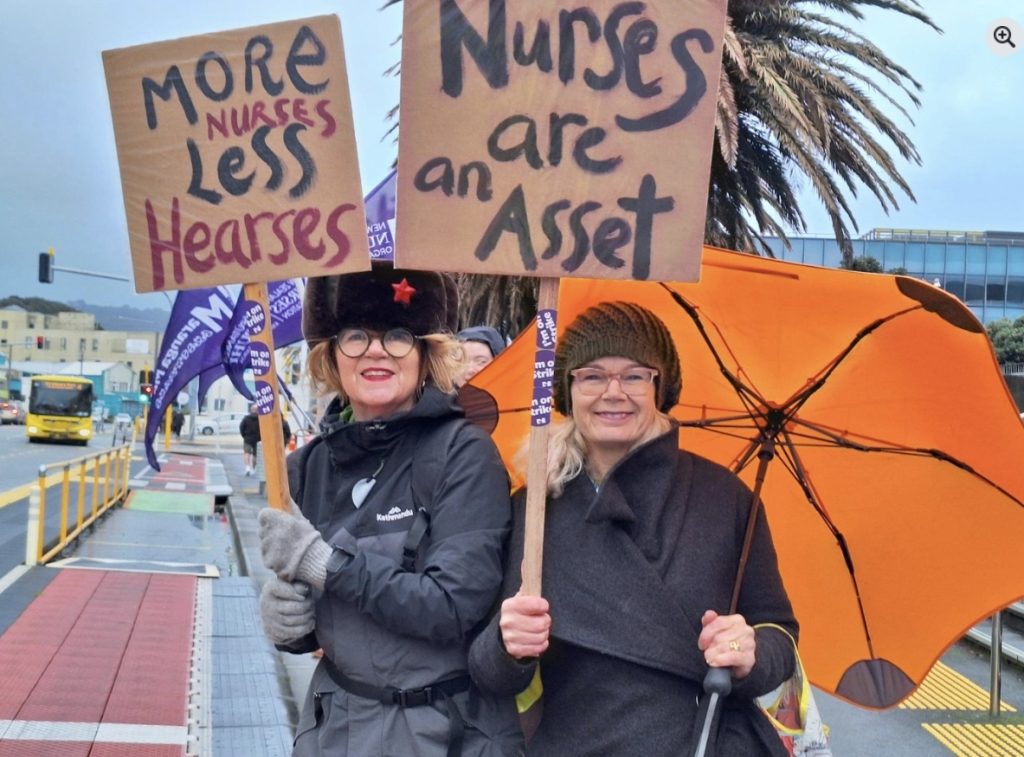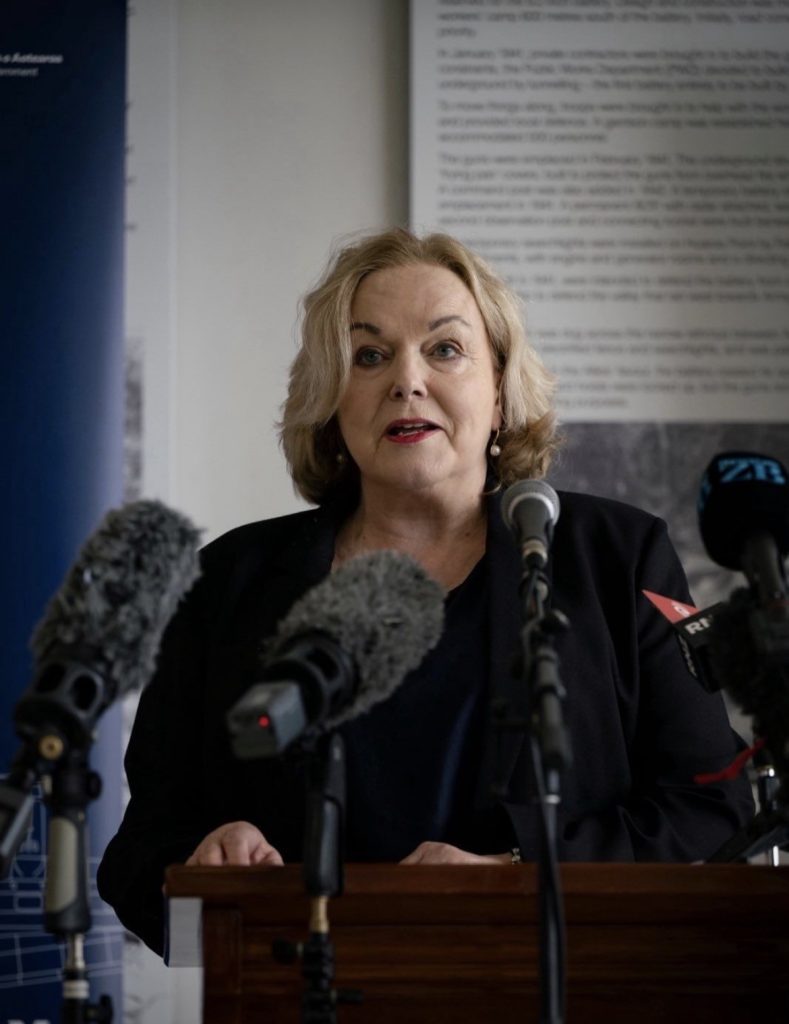|
Getting your Trinity Audio player ready...
|

New Zealand is preparing for one of its largest coordinated strikes in decades, with more than 100,000 essential workers set to walk off the job on Thursday, October 23, calling on the Coalition Government to properly fund public services.
Teachers, nurses, doctors, allied health staff, home support workers, principals, school support staff, Ministry of Education field staff, and other public service employees will take part in strikes and rallies planned at more than 40 locations nationwide, from Kaitaia to Invercargill.
Unions say the strikes follow stalled collective bargaining across multiple sectors.
Are you striking? Email: reporter@franklintimes.co.nz to tell your story.
Teacher’s Union, NZEI Te Riu Roa negotiation lead Liam Rutherford, said the breadth of participation shows how widespread the frustration is across education. He said having teachers, principals, support staff, and Ministry of Education field workers all striking highlights how strongly people feel that change is needed in education.
Association of Salaried Medical Specialists spokesperson Dr Julian Vyas said the strikes are about protecting essential services, and that the public would understand the action was about securing funding to provide the health services New Zealanders depend on.
NZ Nurses Organisation member Debbie Handisides said “chronic understaffing is putting patients at risk, and that when there are not enough nurses, care is delayed and lives are put in danger.”
Public Service Association president Virgil Iraia said members are seeking safe staffing and fair pay, while PPTA Te Wehengarua president Chris Abercrombie urged the Government to properly resource public education to ensure qualified teachers in every classroom and adequate support for students.
Firefighters are also taking part in separate strike action this week, calling for safe staffing levels, better equipment, and stronger protection for occupational diseases.
A local teacher told the Franklin Times she would be joining the march planned at Auckland’s Aotea Square tomorrow, saying the action was about quality of education for students and fair conditions for teachers.
“Teachers are striking because constant policy flip-flops, underfunding, and unrealistic expectations are undermining both our profession and our students’ learning,” she said.
“We’ve been required to train for one maths curriculum, only to have it scrapped less than a year before implementation and replaced again. On top of this, we face growing workloads, staff shortages, and a lack of genuine investment in our classrooms.
“This strike is about protecting the quality of education for our tamariki as much as it is about fair conditions for teachers.”
Government response
In a statement today, Public Service Minister Judith Collins described tomorrow’s strike as unfair, unproductive, and unnecessary, urging unions to call it off. She said the strikes were a political stunt that would disrupt hospitals, schools, and families across the country.

Education Minister Erica Stanford said the Government’s latest pay offer meant 66 percent of trained primary teachers and 76 percent of trained secondary teachers would earn at least $100,000 within 12 months of ratification, but both the NZEI and PPTA had rejected the proposals.
Health Minister Simeon Brown said the union representing senior doctors had walked away from an offer that would have improved pay and conditions, noting the average total remuneration for senior doctors, including overtime and allowances, was $343,500.

Judith Collins said the Government had listened to unions and made fair offers within its financial limits. She said dragging out negotiations with industrial action was unfair to patients awaiting surgery, disruptive for senior students facing exams, and costly for union members losing a day’s pay.
“The unions have chosen disruption over dialogue,” Collins said.
“We’d encourage them to do the opposite.”



